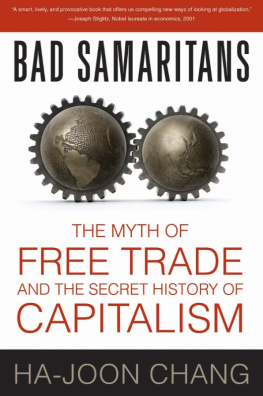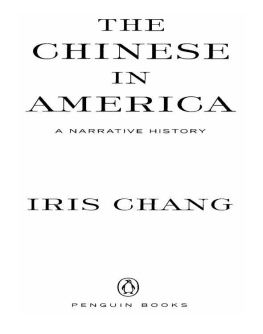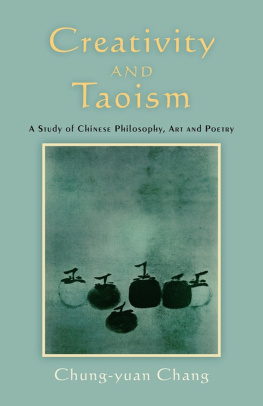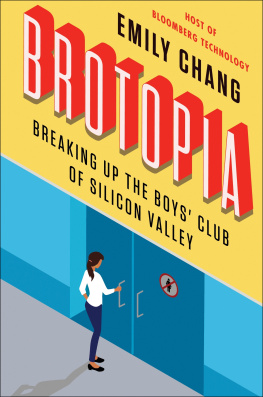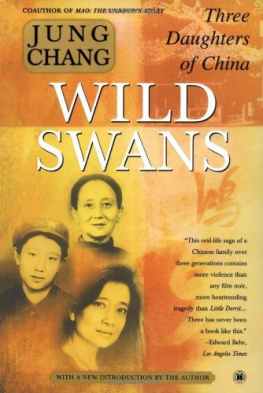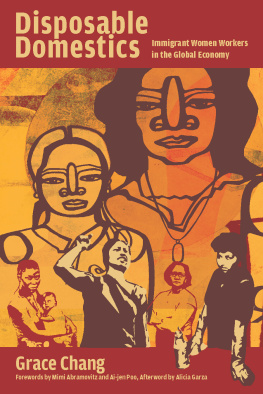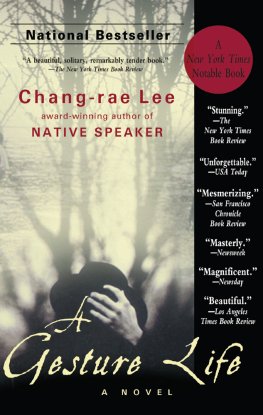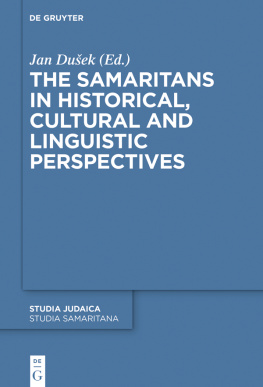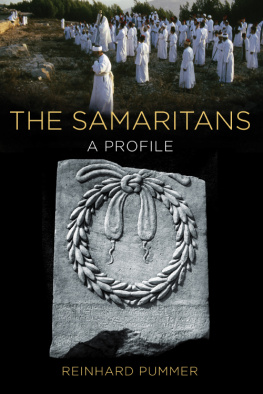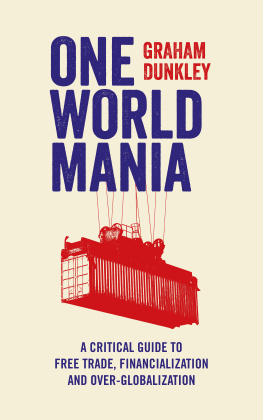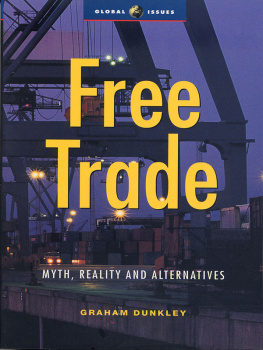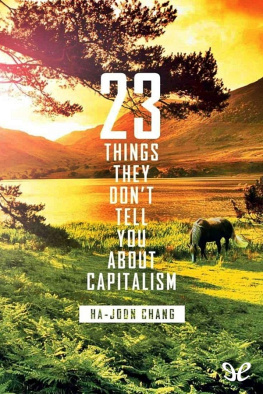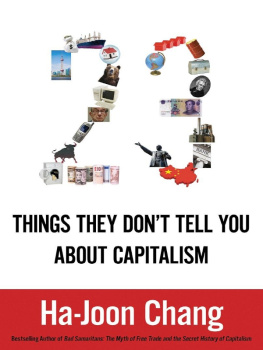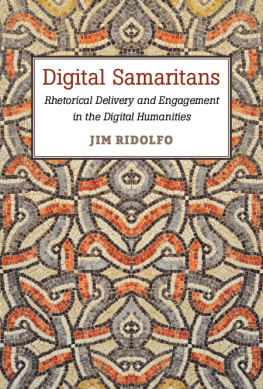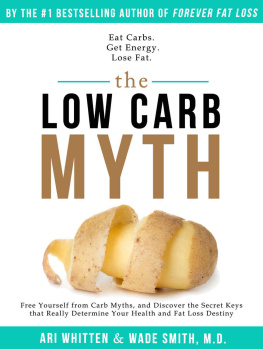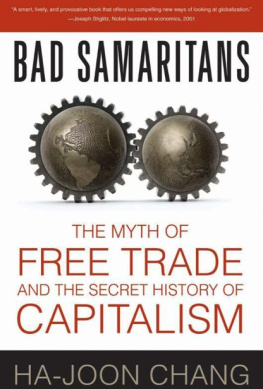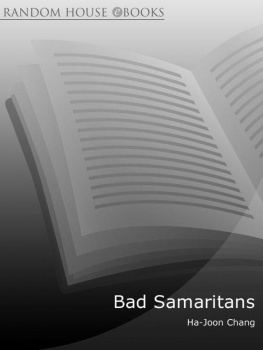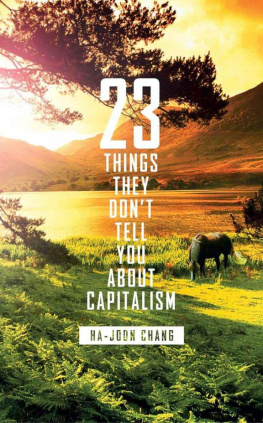Chang - Bad samaritans: the myth of free trade and the secret history of capitalism
Here you can read online Chang - Bad samaritans: the myth of free trade and the secret history of capitalism full text of the book (entire story) in english for free. Download pdf and epub, get meaning, cover and reviews about this ebook. City: New York;N.Y, year: 2010;2009, publisher: Bloomsbury Publishing Plc;Bloomsbury Press, genre: Politics. Description of the work, (preface) as well as reviews are available. Best literature library LitArk.com created for fans of good reading and offers a wide selection of genres:
Romance novel
Science fiction
Adventure
Detective
Science
History
Home and family
Prose
Art
Politics
Computer
Non-fiction
Religion
Business
Children
Humor
Choose a favorite category and find really read worthwhile books. Enjoy immersion in the world of imagination, feel the emotions of the characters or learn something new for yourself, make an fascinating discovery.
Bad samaritans: the myth of free trade and the secret history of capitalism: summary, description and annotation
We offer to read an annotation, description, summary or preface (depends on what the author of the book "Bad samaritans: the myth of free trade and the secret history of capitalism" wrote himself). If you haven't found the necessary information about the book — write in the comments, we will try to find it.
Chang: author's other books
Who wrote Bad samaritans: the myth of free trade and the secret history of capitalism? Find out the surname, the name of the author of the book and a list of all author's works by series.
Bad samaritans: the myth of free trade and the secret history of capitalism — read online for free the complete book (whole text) full work
Below is the text of the book, divided by pages. System saving the place of the last page read, allows you to conveniently read the book "Bad samaritans: the myth of free trade and the secret history of capitalism" online for free, without having to search again every time where you left off. Put a bookmark, and you can go to the page where you finished reading at any time.
Font size:
Interval:
Bookmark:
Bad Samaritans
The Myth of Free Trade
and the Secret History
of Capitalism
HA-JOON CHANG

New York Berlin London
Copyright 2008 by Ha-Joon Chang
All rights reserved. No part of this book may be used or reproduced in any manner whatsoever without written permission from the publisher except in the case of brief quotations embodied in critical articles or reviews. For information address Bloomsbury Press, 175 Fifth Avenue, New York, NY 10010.
Published by Bloomsbury Press, New York
LIBRARY OF CONGRESS CATALOGING-IN-PUBLICATION DATA
Chang, Ha-Joon.
Bad samaritans : the myth of free trade and the secret history of capitalism / Ha-Joon Chang.
p. cm.
Includes bibliographical references.
1. Free trade. 2. Capitalism. I. Title.
HF1713.C5185 2008
382.71-dc22
2007022958
First published in the United Kingdom by Random House Business Books in 2007
First published in the United States by Bloomsbury Press in 2008
This e-book edition published in 2010
eISBN: 978-1-59691-399-8
www.bloomsburypress.com
To Hee-Jeong
Contents
PROLOGUE
Mozambiques economic miracle
How to escape poverty
1 The Lexus and the olive tree revisited
Myths and facts about globalization
2 The double life of Daniel Defoe
How did the rich countries become rich?
3 My six-year-old son should get a job
Is free trade always the answer?
4 The Finn and the elephant
Should we regulate foreign investment?
5 Man exploits man
Private enterprise good, public enterprise bad?
6 Windows 98 in 1997
Is it wrong to borrow ideas?
7 Mission impossible?
Can financial prudence go too far?
8 Zaire vs Indonesia
Should we turn our backs on corrupt and undemocratic countries?
9 Lazy Japanese and thieving Germans
Are some cultures incapable of economic development?
EPILOGUE
So Paulo, October 2037
Can things get better?
The idea of writing an accessible book on globalization and development that is critical of the reigning orthodoxy first came from Duncan Green a few years ago. He convinced me that I have some unusual and interesting things to say on these topics and, therefore, that I should put them together for an audience that is much bigger than the one I usually write for. Initially, we were going to write the book together, combining his long-time experience as an NGO activist and my academic research, to produce something that has both a solid academic foundation and campaign flair. In the event, Duncan became the head of research at Oxfam and had to withdraw from the project due to his workload. But later, when I started to write the book on my own, he very kindly read all the chapters of the book (often more than one version of them) and provided me with insightful comments, both substantively and editorially. He also graciously put up with me ringing him up without warning to thrash out my ideas. I deeply thank him for his generosity, wisdom and patience.
When Duncan withdrew, the project lost its propeller and drifted rather aimlessly for a while. I became busy with other things and, more importantly, it was not easy to make the existence of my project known to the relevant publishers. Then Richard Toye kindly introduced me to Ivan Mulcahy, my literary agent. Ivan had a vision how to turn an undeveloped semi-academic treatise into a genuinely accessible book and taught me a lot of things in the art of writing for a wider audience. His colleague Jonathan Conway at Mulcahy & Viney also provided critical input in shaping the project.
In formulating the book, I benefited tremendously from discussions with Chris Cramer. He has always been a generous friend, but the intellectual energy he invested in helping me shape this book was exceptional even by his own high standards. Richard Toye not only introduced me to my literary agent but also provided very helpful comments on overall structure and some of the individual arguments of the book. Deepak Nayyar took time out from his busy schedule to go through my initial proposal and gave me a lot of sagacious comments. In developing the book, I have also benefited from discussions with Dean Baker, Jonathan di John, Barbara Harriss-White, Peter Nolan, Gabriel Palma, Bob Rowthorn, Ajit Singh, Rosemary Thorp, John Toye and Mark Weisbrot.
As I was writing the chapters, I received useful comments from a number of people. My sometime co-author, Ilene Grabel, read all the chapters and gave me very important feedback. Robert Molteno not only read all the chapters and gave me wonderful editorial advice but also provided useful comments. Peter Beattie, Shailaja Fennell, Elias Khalil, Amy Klatzkin, Kangkook Lee, Chris Pallas, Richard Schmale and Sarah Wood read earlier versions of some of the chapters and gave me helpful suggestions.
The book would not have had the richness of information without the help of three very able research assistants. Luba Fakrhutdinova was on call to provide help with all aspects of the book, especially data work. Hassan Akram excavated a lot of wonderful historical material for the culture chapter and also offered helpful comments on some of the other chapters. Ariane McCabe did a great job in finding material for a number of chapters, especially the chapter on intellectual property rights, on which she also provided useful comments. I would also like to thank Luiz de Andrade Filho and Kenia Parsons for their assistance.
I would also like to thank the editorial team at Bloomsbury Press for its marvellous job. Peter Ginna, the editorial director, provided critical inputs in the shaping of the earlier draft and insightful advice in the writing process. Katie Henderson, the assistant editor, facilitated the whole process with impeccable efficiency and dedication. Amy King and her team in the art department came up with a striking cover and Aly Mostel, the publicist, did a wonderful job in setting the stage for the launch of the book.
My daughter, Yuna, and son, Jin-Gyu unknowingly helped me come up with some of the key analogies in the book. They also patiently waited for my return from an emotional exile in the last phase of the book. Finally, I would like to thank my wife, Hee-Jeong, for her emotional and intellectual support. Throughout the whole process of preparing for and writing the book, she had to put up with an obsessed and unpleasant man (yet again!). She also read most of the early draft chapters and made many incisive comments. She used to complain that I was using her as an intellectual guinea pig, but she does not quite realise how many of her comments were crucial in shaping, rather than just improving, my arguments.Without her, the book could not have been written. I dedicate the book to her.
PROLOGUE
Mozambiques economic miracle
Mozambique Takes on the Big Boys
Nuts and volts
June 28th 2061 | MAPUTO
From The Economist print edition
Tres Estrelas announces a new breakthrough in fuel cell technology
In a carefully staged event to coincide with the countrys independence day on June 25th, Maputo-based Tres Estrelas, the largest African business group outside South Africa, unveiled a breakthrough technology for mass production of hydrogen fuel cells. When our new plant goes into production in the autumn of 2063, Mr Armando Nhumaio, the ebullient chairman of the company announced, we will be able to take on the big boys from Japan and the USA by offering consumers much better value for money. Analysts agree that the new technology from Tres Estrelas means hydrogen fuel is set to replace alcohol as the main source of power for automobiles. This is bound to pose a serious challenge to the leading alcohol fuel producers, like Petrobras of Brazil and Alconas of Malaysia, says Nelson Mbeki-Malan, the head of the prestigious Energy Economics Research Institute at the University of Western Cape, South Africa.
Next pageFont size:
Interval:
Bookmark:
Similar books «Bad samaritans: the myth of free trade and the secret history of capitalism»
Look at similar books to Bad samaritans: the myth of free trade and the secret history of capitalism. We have selected literature similar in name and meaning in the hope of providing readers with more options to find new, interesting, not yet read works.
Discussion, reviews of the book Bad samaritans: the myth of free trade and the secret history of capitalism and just readers' own opinions. Leave your comments, write what you think about the work, its meaning or the main characters. Specify what exactly you liked and what you didn't like, and why you think so.

